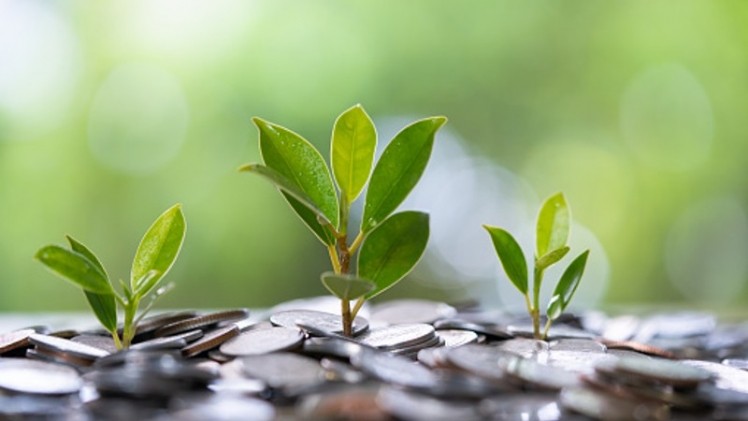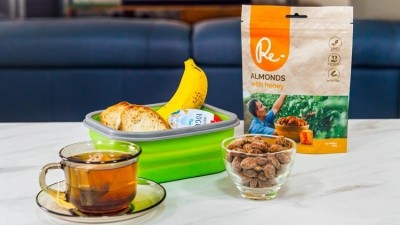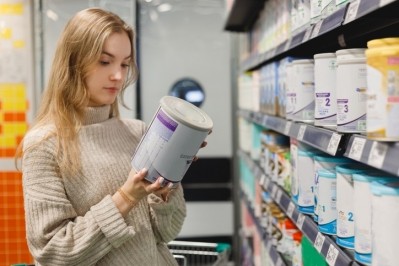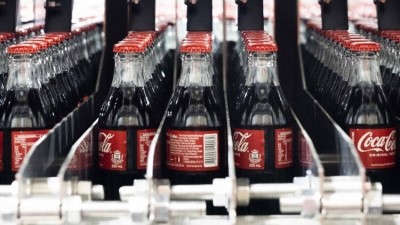Green is gold: Mondelez on why sustainability leads to economic profitability for food industry

Although sustainability has emerged as a major trend and buzzword in the APAC food and beverage sector over the past several years, with many start-ups and big food companies hopping on the bandwagon to win consumers over based on sustainable product innovations and/or packaging, there still remain many companies that have yet to embrace the movement wholeheartedly due to cost concern, particularly in Asia.
This issue was highlighted at a high-level discussion at the recent Tax Free World Association (TFWA) APAC Live event in Singapore, and was deeply examined by Mondelez World Travel Retail Managing Director Jaya Singh who stressed that it is mostly misconceptions holding people back.
“If you look at the economics of the world we live in, every industry is based on value creation, and although price earnings [are the most obvious] multiple in the equation, it Is important to realise that this multiple – which eventually drives share values and company value and shareholder value – is also dependent on several drivers,” Singh told the floor.
“One of the most important drivers has to be the attractiveness of the channel, the attractiveness of the industry, the attractiveness of the company portfolio - sustainability actually sits right in the middle of [providing] this potential attractiveness of an industry, and importantly, it actually increases in value over time.
“So we need to realise that at the end of the day, green is good, and there is increasingly a constructive pressure for this to become a core part of the financial equation [and] Mondelez has been observing this in many different stakeholders, from brand owners to retailers to authorities [that we work with].
Even more importantly, this constructive pressure will be coming from consumers, and even though sustainability is not yet as strong a driver in APAC as in some western markets, dats shows that it is on the rise.
“Consumer demand is really, really strong [when it comes to sustainability demands] – they all want to be associated with the greater good, so any purchases they make whether it is a snack, a chocolate, a bottle of alcohol, it is no longer just about the product, the price or the packaging but about purpose,” he added.
“This has been going around in the industry for some years but now consumers are more aware and are less willing to compromise – which is actually healthy, as it is a way of constructing pressing for us to continue to broaden our offerings.
“If you look at the traditional offer, it's always been about ‘how do you execute the point of buy’, ‘how do you protect the brand’, ‘how do you go about packaging to attract the consumer’ [and that’s all still there] but now it sits within an overall purpose.
“So all businesses in the food sector should realise that with this purpose, if we can deliver on it, we will also deliver the economic need and your business model will not go away, but instead also be delivering on the demands of the financial community, the universities, the consumers – all whilst delivering on social responsibility, so it's a win-win-win for all.”
Fragmentation towards unification
That said, Singh acknowledged that at present the various stakeholders along the food supply chain are all approaching sustainability in various different ways and not with an overall strategic concept – though he believes this is not necessarily a bad thing.
“All the different stakeholders from brand owners to retailers to national authorities, they all have their own initiatives when it comes to sustainability which may appear to be fragmented to begin with - but fragmentation can be good,” he said.
“Fragmentation gets a bad rap, but the important thing here is that the driver of all that fragmentation is leading towards the same objective, because that is really both healthy and helpful in pushing progress.
“My belief is that all these different ideas will [form] one overarching umbrella at the end of the day, and the various different executions will be important to cater to the diversity of the many business models in the food and beverage industry – there is no one size fits all solution, even for sustainability, and diversity is important to [make it work].”






















